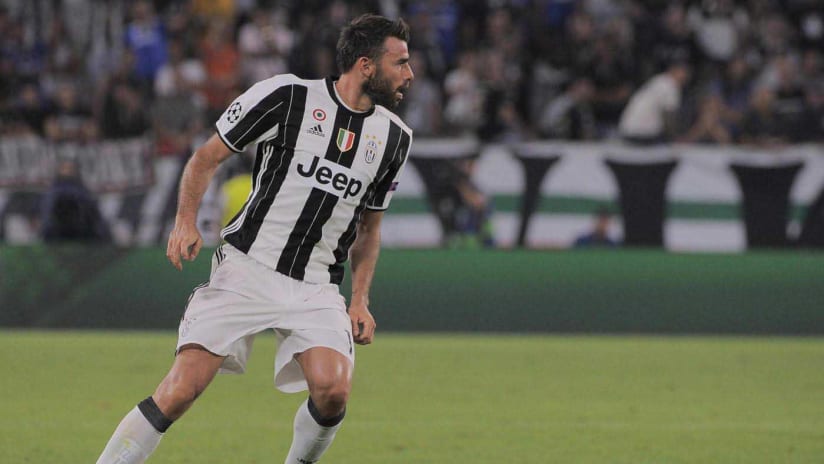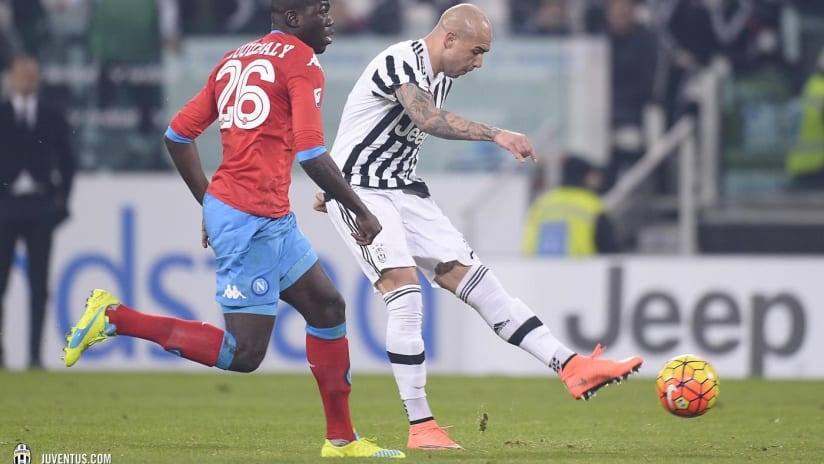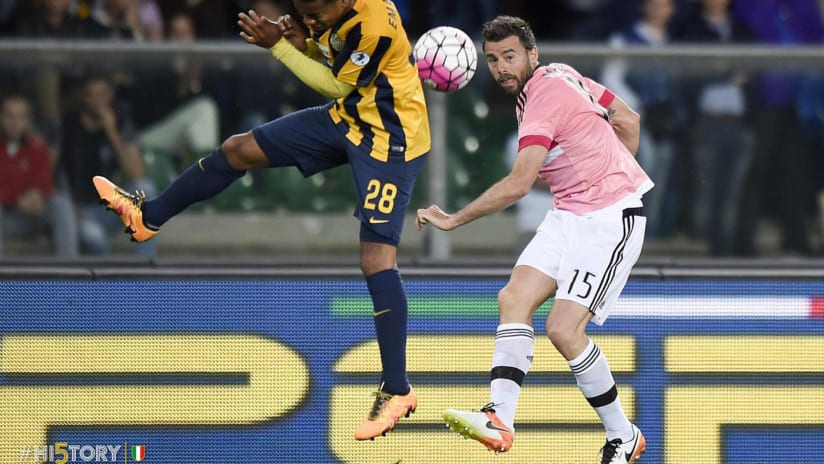01 November 1897
On Friday 2 October, Stephan Lichtsteiner underwent ablation surgery following a case of benign arrhythmia (atrial flutter), which caused the player difficulty breathing during the Frosinone game on 23 September.
Professor Fiorenzo Gaita performed the operation. A global pioneer in the field of ablation and head of cardiology at the University delle Molinette, he began by reassuring us as to Lichtsteiner's condition: "The operation lasted less than an hour and the player is doing very well."
Professor, what exactly was Lichtsteiner suffering from?
"Atrial flutter is an arrhythmia of the atria which, in layman's terms, are like the heart's 'petrol tank'. These have a sort of electrical circuit which, in the event of a flutter, sends the heart rate from the normal 60 beats-per-minute up to 300. Not all of these beats reach 'the engine' because Mother Nature has given us a 'filter', the atrioventricular valve, which prevents a third - or even half - of them from making it through, i.e. 75 or 150. However, all of the impulses can make it through in instances of stress or considerable physical effort. In instances such as these, with the heart rate at 300 beats-per-minute, the patient can suffer from breathing problems, as was the case with the player."
Do you have to operate in cases like these?
"The other option is for the patient to take medication for the rest of their life which does not in any case resolve the problem - it only tends to prevent it, and moreover it's only successful in around 60% of cases. The alternative is surgery, via a procedure we've been fine-tuning since 1992. The operation is called transcatheter ablation: we insert a catheter into a vein in the leg running to the heart, which records the circuit of the flutter and the tip of the catheter burns a little, as if it were an electro-scalpel. It's now a very widespread technique and is the treatment of choice for sportsmen."
Will a month be enough time to recover?
"Yes, he'll have recovered after 30 days, then we'll run some more tests and, if everything looks OK, he'll be cleared to play football. This timeframe comes from the Medicine in Sport guidelines and clearly they vary depending on the type of arrhythmia and, with instances of flutter, the general rule is a month for recovery."




